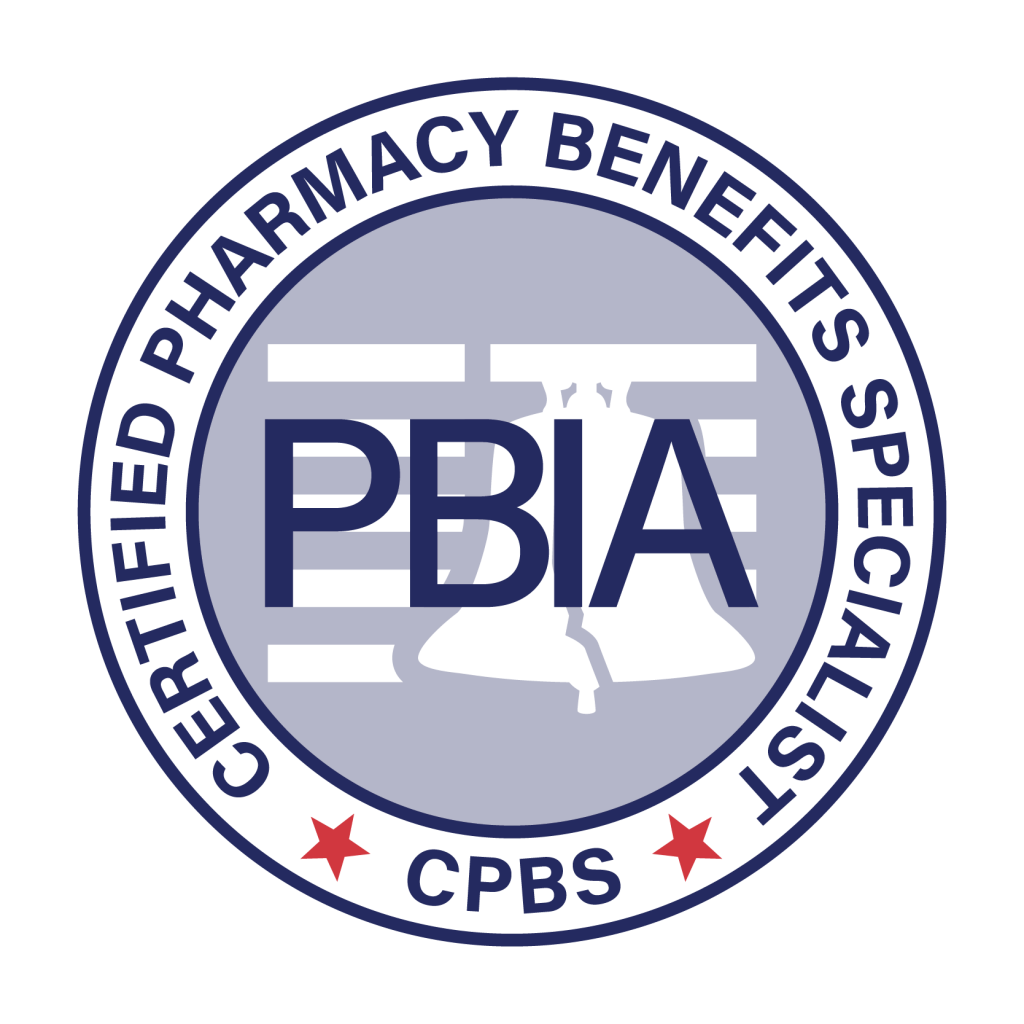New inflation-linked drug rebates have gone into effect and other notes from around the interweb:
- 4 questions to ask before signing your next PBM service agreement. The very idea of managing pharmacy benefits might make you nauseous. That’s because drug prices are skyrocketing, creating significant challenges for your company’s bottom line. You may think that your pharmacy benefit manager (or PBM) – who is responsible for handling contractual relationships between drug manufacturers, health insurance providers, pharmacies, and patients – would negotiate the best possible deals for everyone involved. Unfortunately, recent reports from the PBM Accountability Project show otherwise: PBMs often misuse their immense power by adding secret streams of revenue for themselves. The Federal Trade Commission (FTC) has noted this trend too and announced plans in 2022 to investigate the inner workings of PBMs. But some states are taking it upon themselves to crack down on PBM business dealings, too. For example, Florida and Iowa joined Michigan in passing legislation in 2022 that regulates certain PBM practices – while Ohio’s Medicaid department is also conducting audits.
- New inflation-linked drug rebates have gone into effect. The new rebates are part of the newly signed Inflation Reduction Act, which introduces this new requirement that manufacturers pay rebates to Medicare for Part D drugs whose price increases exceed inflation, and in January 2023, the same will occur with Part B drugs. The rebate system “was designed to reduce the frequency and size of drug price increases,” HHS says. The IRA also includes a provision that allows CMS to negotiate and/or cap the prices of 10 of the most expensive drugs. While those negotiations will be limited, the rebates paid by the industry may be significant. HHS released a new report on Friday outlining what the IRA could do as more than 1,200 drug price increases from July 2021 to July 2022 exceeded the inflation rate of 8.5% for that time period. The report notes most price increases occur at the beginning of January, with more than 3000 drugs experiencing a price increase in 2022, up from 2650 in 2016. The number of July price increases trended downward from 613 NDCs in 2016 to 203 in 2021, but in July of 2022, the number of increases rose to a level similar to that observed in 2016, with 601 increases.
- How specialty drug ‘solution stacking’ can rein in pharmacy benefit costs. Brokers and employer groups alike know that 5% to 10% percent of insured workers and their dependents drive 50% to 60% of the cost of pharmacy claims. A few members with prescriptions for a specialty drug with a five-figure price tag can easily represent most of an entire group’s pharmacy spend. These drugs are often lifesaving or provide a dramatic quality of life improvement for those who take them. No one would question the necessity of using them. But when a group can mitigate some of the cost without affecting the clinical outcome, it can be a game changer. The broker who unlocks these savings becomes a trusted ally.
- Kroger seeks to end deal with Cigna’s Express Scripts over drug pricing. Grocery retailer Kroger Co said on Friday it has sent Cigna Corp’s subsidiary Express Scripts a written notice of its plan to terminate their pharmacy provider agreement for commercial customers due to an “unsustainable” pricing model. Kroger said it has made several attempts since February to negotiate with the pharmacy benefit manager for a “more equitable and fair contract that lowers cost, increases access, and delivers greater transparency, but there has been little to no progress to date”. Kroger said more than 90% of Kroger Health’s customers will not be affected by a termination of the deal, but if a new agreement is not reached by Dec. 31, most Express Scripts’ commercial customers won’t be able to fill prescriptions at Kroger stores. Cigna bought Express Scripts in 2018 in a $54-billion deal, creating one of the biggest providers of pharmacy benefits and insurance plans in the United States.
